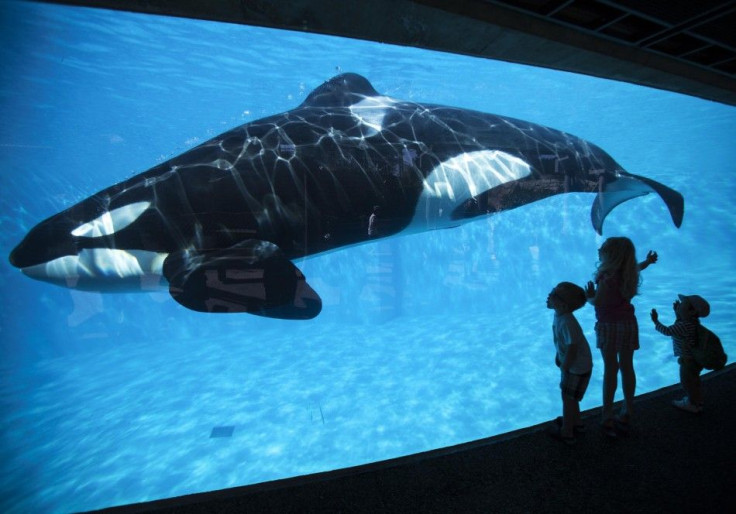Bowhead Whales' DNA Could Hold Secret For Longer Life And Offer Resistance To Cancer

Two studies conducted separately at UK and America looked into the genetic patterns of bowhead whales which are considered to be the longest living mammals in the world, which live for more than 200 years. The scientists were able to identify the genes that was linked to a longer lifespan.
Scientists, for a long period of time, have tried understanding how the bowhead whales live for a longer time when compared to other species of the whales that died before they reached 100. They also wondered how the bowhead whales avoided illnesses like heart disease and cancer which usually killed most mammals before they hit the first century. The scientists knew that there was some other element that was involved that helped lead a long life, with the other factors being a healthy diet as well as lots of exercise. They came to the conclusion because of the longevity of the lives of the bowhead whales.
According to the Daily Mail, while studying the genetics patterns of the whales, the researchers have found that unique genes were linked to combating cancer. In addition to resisting cancer, the genes were also associated with repairing damage to DNA as well as increased longevity.
The lead researcher of the study based in UK and a scientist at the Liverpool University, Joao Pedro de Magalhaes, told the Sunday Times that the discovery could help extending the lives of humans with the help of the genes from the whales. Similar results were seen in a study conducted by scientists from Harvard Medical School in October. The scientists also published findings after doing research on the bowhead whales.
Pedro de Magalhaes said that his next ideal experiment would be to take a gene from the bowhead and put it into a mouse. He wants to see if the mouse would live longer as well as well have protection against cancer. He explained that if the mouse did what he expected it to do, the team of researchers would look into ways that the genes could be employed for human therapeutic purposes.




















